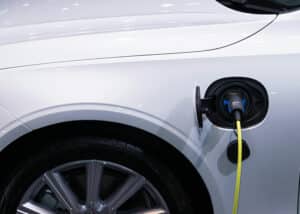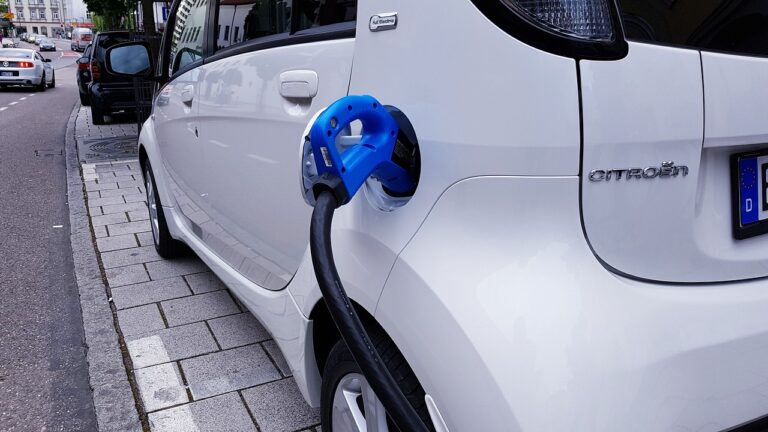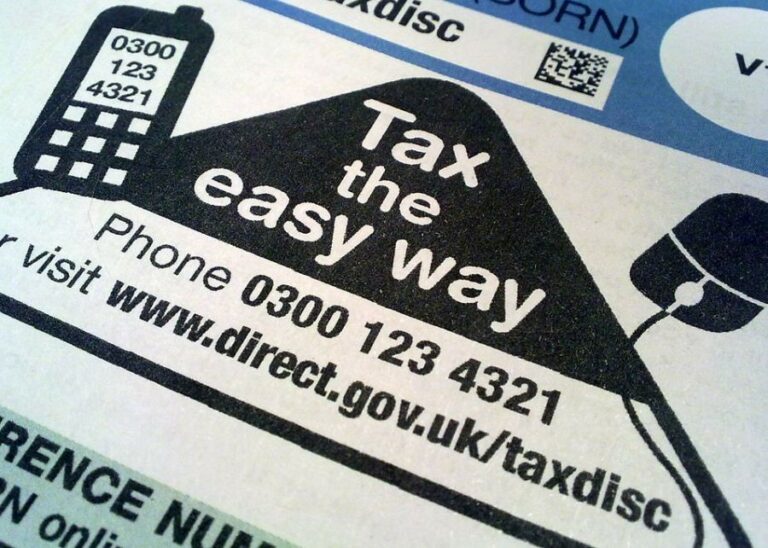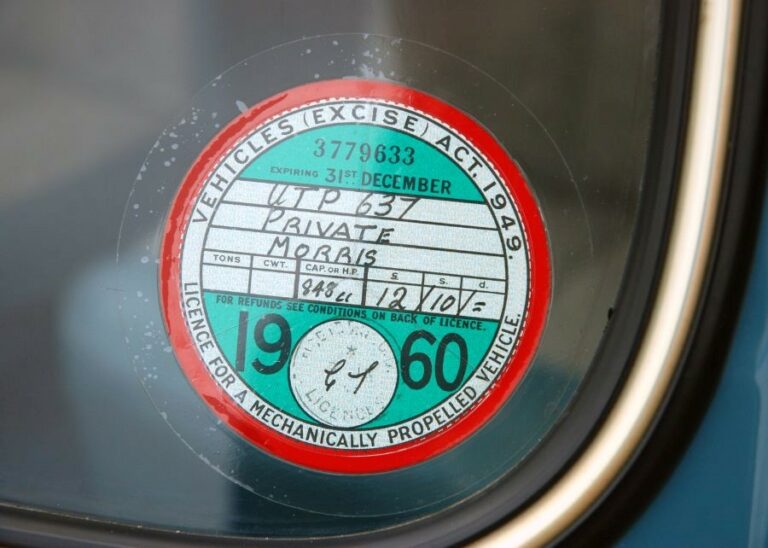Does mileage matter when buying a used car?
Mileage is one of the factors that can affect the value and condition of a used car. However, it’s not the be all and end all. A car with low mileage may seem like a good deal, but it could also have hidden problems or a lack of maintenance too.

Why does mileage matter?
Mileage matters when buying a used car. Car mileage can affect the value, condition, performance, and maintenance costs of a used car. Generally, the lower the mileage, the better the car, but there are exceptions and other things to consider.
For example, here are some things to keep in mind when looking at the mileage of a used car:
Mileage is an indication of how much wear and tear a car has been through. The higher the mileage, the more likely the car will need frequent and expensive servicing, parts replacement, and fuel consumption, says Car Plus.
The average mileage of a car in the UK is about 7,500 miles per year. A car that has covered more than this average could be considered high mileage, and a car that has covered less could be considered low mileage.
High mileage is not always a bad thing, as long as the car has been well maintained and serviced regularly. A high mileage car could have less problems than a low mileage car that has been neglected or left unused for long periods of time. On the flip side, low mileage does not guarantee a good condition and could be more expensive than a similar high-mileage car.
What is the average mileage of a used car?
What are the average miles on the clock of a used car? Whether your car is a five year old car or a three year old car, a used car is a used car and your car’s mileage will differ depending on if it’s completed lots of long distances or just short trips.
The average mileage of a used car in the UK depends on several factors, such as the age, fuel type, and usage of the car. According to Car Buyer, the average mileage for a car in the UK is between 5,000-7,000 miles per year. However, this number can vary depending on the type of car and how it is driven. For example, diesel cars tend to be the cars with high mileage compared to petrol or electric cars. Similarly, company cars tend to be high mileage used cars compared to privately owned cars says Car Buyer.
When buying a used car, it is important to consider not only the mileage, but also the condition, the car’s history, and maintenance of the car. A low-mileage car may not necessarily be in a better shape than a high-mileage car, if it has been neglected or damaged by the previous owner. Likewise, a high mileage car may not necessarily be in worse shape than a low-mileage car, if it has been well maintained and serviced regularly with a good service history. The best way to judge the value and quality of a used car is to inspect it thoroughly, check its records and the car’s reliability, and take it for a test drive.

What is considered high and low mileage for a used car?
There is no definitive answer to what is considered high and low mileage for a used car, as it depends on several factors, such as the age, fuel type, and usage of the car. However, a general guideline is to compare the mileage of the car with the average car annual mileage of similar cars in the UK, which is about 7,500 miles per year. A car that has covered more than this amount per year could be considered high mileage, while a car that has covered less could be considered low mileage.
How many miles is too many for a used car?
Similar to the above, there is no definitive answer to how many miles is too many for a used car, as it depends on several factors, such as the age, fuel type, and usage of the car. However, a general guideline is to compare the mileage of the car with the average annual mileage of similar cars in the UK. A car that has covered more than this amount per year could be considered high mileage, while a car that has covered less could be considered low mileage.
Some experts suggest that cars with over 100,000 miles are probably too many, as they start having problems after reaching this mileage mark, says Reg Car Check. Others argue that cars can reach up to 150,000 miles or more with no significant issues, depending on the climate and driving habits. However, problems tend to accumulate as these vehicles approach 175-200,000 miles, according to Car Analytics.

What else is important when considering a used car’s age?
Some other important factors to consider when looking at the used car’s age are:
The manufacturer of the car: Some brands are known for their reliability and can run well for many years, while others may experience major problems as they age. It has to do with the quality of materials and components used, effective design and engineering, and strict quality control processes. Examples of car brands known for their high build quality are Toyota, Honda, Subaru, Mazda, and Lexus. Additionally, some manufacturers may offer better support for older vehicles, with parts and maintenance services readily available. It’s important to research the specific make and model you’re interested in, along with reviews and maintenance histories, to determine the best age for a car, says Car Vine.
The resale value of the car: The best age for a car in terms of resale value can vary, but generally, cars that are 3-5 years old tend to have the best balance of depreciation and value. At this age, cars have typically lost a significant portion of their initial value, but have some useful life left and are often still covered under the original manufacturer warranty, says Motors. It’s also important to consider the popularity and demand for a specific make and model, as well as any known issues, when determining the best age for a car in terms of resale value, says Car Plus.
Low mileage red flags
Low mileage is often considered a desirable feature when buying a used car, as it implies less wear and tear, higher resale value, and longer lifespan. However, low mileage can also be a red flag for some potential problems, such as:
Lack of maintenance: Some people who drive less often may forget or neglect to take their car in for regular service, resulting in issues with the engine, transmission, brakes, tires, and other components, according to Auto Evolution. A car with low mileage should have a complete and up-to-date service history to prove that it has been well maintained.
Short trips: A car with low mileage may have been used for frequent short journeys, where the engine does not reach its optimal temperature and performance. This can cause increased wear and tear, carbon build-up, oil dilution, and reduced fuel efficiency. A car with low mileage should have a mix of city and highway driving to ensure that it has been properly warmed up and cooled down, says Reddit.
Hidden damage: A car with low mileage may have been involved in an accident or suffered from flood, fire, or hail damage that is not reflected by the mileage. This can affect the safety, reliability, and value of the car. A car with low mileage should have a clean title and a detailed vehicle history report to show that it has not been damaged or repaired.
Therefore, when buying a used car with low mileage, it is important to inspect it thoroughly, check its records, and take it for a test drive. Mileage is only one factor among many that should be considered when buying a used car.
Jamjar.com makes selling your car quick, easy, and hassle-free. By comparing offers from a trusted network of UK car buyers, you get the best price without the stress of negotiating or haggling. There are no hidden fees, no obligation to sell, and the entire process is 100% online. Whether your car is nearly new or well-used, Jamjar helps you sell it fast and for a fair price—saving you time and effort.
SELL YOUR CAR HERE: https://www.jamjar.com/sell-my-car/


















































